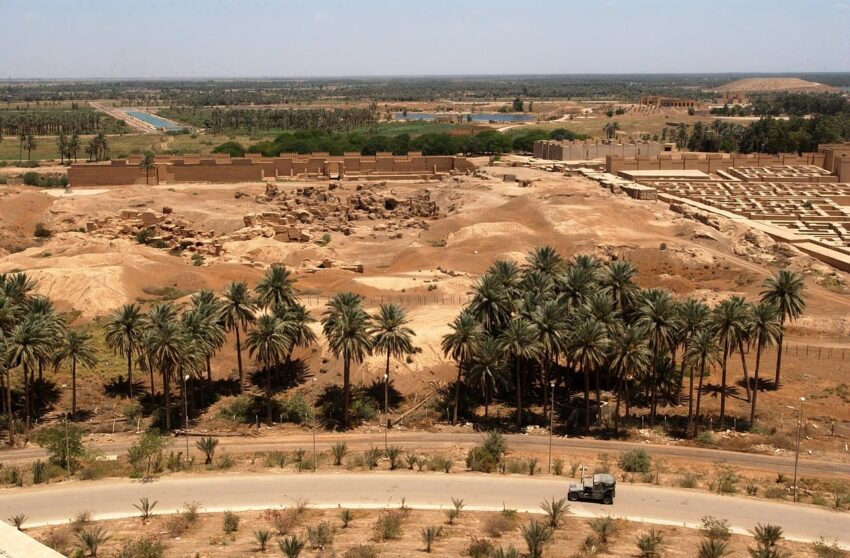Iraq became the clearest example of how foreign intervention, prolonged wars, and sanctions reshaped a nation’s trajectory. Its modern history reflects decades of external interference, regional conflict, and internal strain.
Early Foreign Influence
After the 1958 coup that ended the monarchy, Iraq entered a turbulent era of shifting alliances. The United States and Britain played significant roles in shaping outcomes, including covert operations. Reports detail attempts to remove or assassinate leaders such as Abd al-Karim Qasim, with external actors supporting figures who later gained prominence, including Saddam Hussein. These interventions reflected broader Cold War anxieties about Soviet influence in the Middle East.
The Iran–Iraq War
The war between Iraq and Iran (1980–1988) was one of the most destructive conflicts of the late twentieth century. It left an estimated one million people dead and exhausted both nations. Iraq’s economy was heavily burdened, with debt repayments consuming half of its oil income by 1990. The war also highlighted how external support prolonged the conflict, as foreign powers supplied arms and resources to both sides.
The Invasion of Kuwait
In 1990, Iraq invaded Kuwait, triggering a swift international response. Operation Desert Storm in early 1991 expelled Iraqi forces in a matter of days, but the consequences endured for decades. Sanctions imposed by the United Nations remained in place long after the conflict, severely damaging Iraq’s economy and infrastructure.
Sanctions and Humanitarian Impact
The sanctions regime, lasting from 1990 until 2003, had devastating effects on ordinary Iraqis. Essential goods, including food and medicine, were in short supply. Reports estimated that hundreds of thousands of children died during this period due to malnutrition and preventable diseases. While the population suffered, the regime of Saddam Hussein remained intact.
Cultural and Social Consequences
The sanctions and wars eroded Iraq’s education system, healthcare, and cultural life. Once known for a vibrant intellectual and professional class, the country saw widespread emigration of skilled workers and academics. Many were forced to leave to escape violence or economic collapse. The deterioration of these institutions laid the groundwork for deeper instability in the years to come.
Turning Point
The legacies of foreign intervention, prolonged war, and harsh sanctions shaped Iraq’s path into the twenty-first century. These conditions provided the backdrop for the 2003 invasion, an event that would bring even greater upheaval and lasting consequences.
Continue Reading: The 2003 Iraq War and Its Aftermath.

